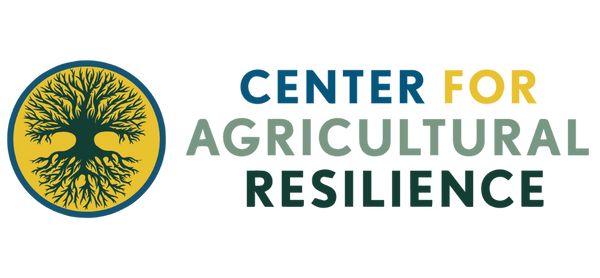Who We Are & What We Do
In 2021, one year after the height of the Covid-19 pandemic, the cracks in the food system became more and more painfully obvious. These cracks were so evident that it wasn't only the small farmers who noticed bottlenecks of food production, but purchasing agents, consumers, corporations and everyone in between. The lack of food availability brought focus to the other unintended consequences of the industrialized, commoditized, centralized food production system. The need for resilience in our food production system was recognized for the first time in several generations.
The Center for Agricultural Resilience (CFAR) was built to educate individuals and organizations on the environmental, economic and social benefits of building resilient animal, plant and human ecosystems that can nourish our communities. Our hope is to show these leaders how to rethink agriculture, using White Oak Pastures' 25 year long production journey as a guide. The goal is to make resilient agriculture more replicable not more scalable. It is not our intention to provide a "how to" course to recreate the White Oak Pastures model. The context for each piece of land, each farm and each community will vary from ecosystem to ecosystem. So instead, the CFAR mission is to inspire a rethinking of the system by demonstrating what has been actually accomplished and scaled on a working farm, on a realistic budget, by real world business people.
Experiences at our programs range from big idea systems thinking to the narrowly focused principles of soil health. We study what the problems are, how they developed and how they can be corrected. Participants will engage in conversations around myths in food production, in addition to hands on activities like land monitoring. We will also provide an in-depth overview of the reinternalized services required to produce, process and monetize products.



